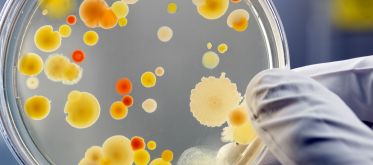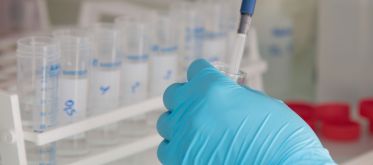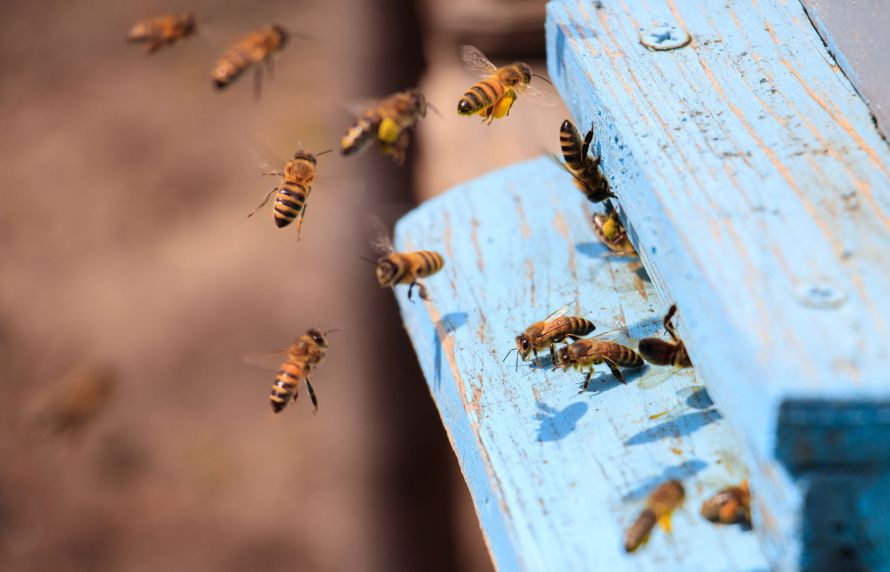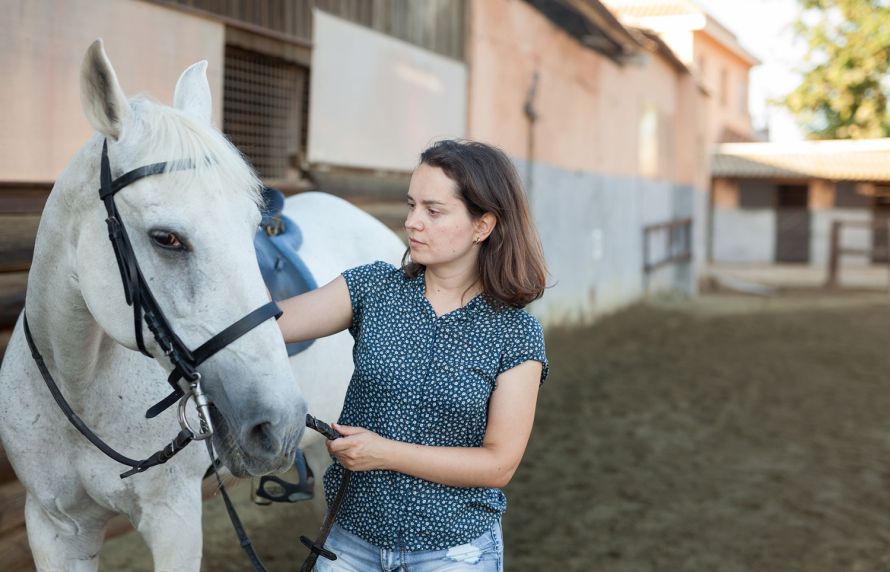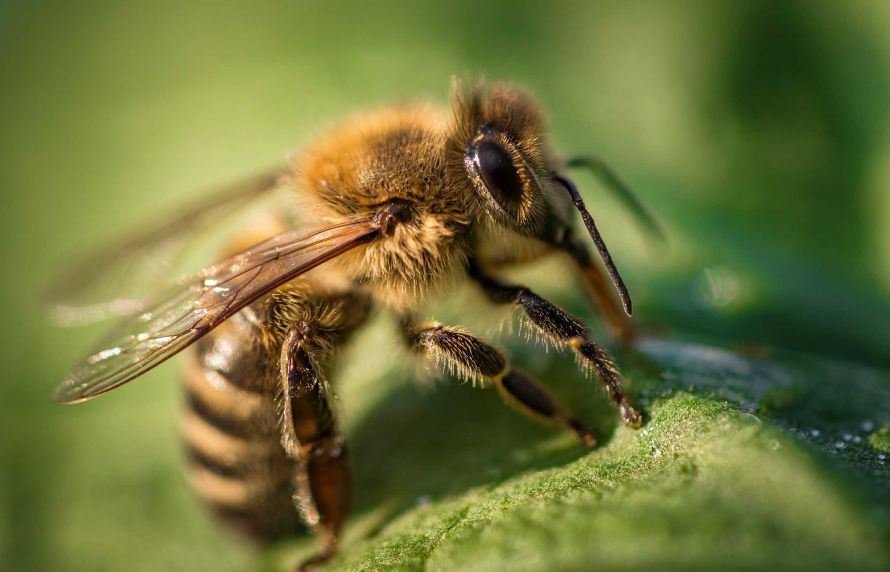Portal Our Laboratories
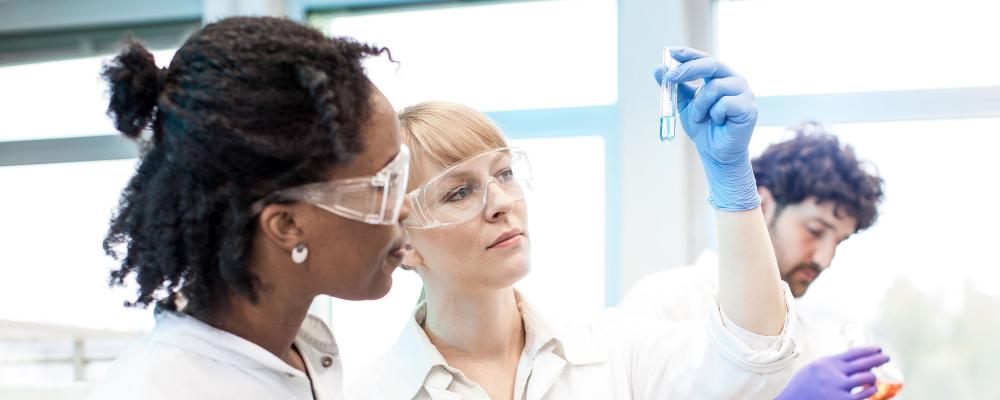
To carry out its research and reference missions, ANSES relies on a network of nine laboratories on 16 sites across the country, in close contact with France’s agricultural and food production centres.
These laboratories undertake work in three major areas, covering animal health and welfare, chemical and microbiological food safety, and plant health. They have achieved international recognition in their various fields of expertise, including epidemiology, microbiology, antimicrobial resistance and physico-chemical contaminants and toxins.
The laboratories play a vital role in qualifying health hazards through their expert appraisals, epidemiological surveillance, alerts and technical and scientific support, and by coordinating networks of laboratories conducting field analyses, through which they collect data. In particular, the 600 scientists and technicians from ANSES laboratories are engaged in research to identify major pathogens in animal health and plant health and to develop approaches for identifying biological, physical and chemical contaminants in food and water.
These reference and research activities position ANSES at the heart of institutional networks focused on animal health and welfare, plant health and food safety. The Agency entertains direct links with the field, which are essential for carrying out surveillance and issuing alerts, enabling it to respond more rapidly during the resurgence or emergence of new pathogens and contaminants in France.
>> See ANSES’s scientific priorities for 2019–2022 to guide its research and reference activities (PDF, in French)

